Iran's overseas farming in Russia, Brazil in the works
Iran plans overseas farming in Brazil and Russia to grow crops and secure a stable supply amid surging food prices and lingering drought.
The West Asian country, which relies on imports for key staples such as rice, wheat, corn and oilseeds, is seeking to boost supplies as surging global food costs and the most draconian sanctions ever imposed by the US, fuel inflation.
In recent years, consecutive governments have spoken of plans to lease arable land or buy stakes in overseas ventures in countries such as Kazakhstan, Brazil, Russia, Ukraine, Azerbaijan and Ghana, but it is not clear how many of those plans have been firmed up, if any.
Former agriculture minister Mahmoud Hojjati had once said that contracts for cultivation on nearly 800,000 to one million hectares in a number of countries had been signed and approved by the government.
"The overseas cultivation is on the agenda with Brazil and Russia, which could lead to the entry of virtual water into the country and the cultivation of water-intensive products such as livestock inputs in these countries," deputy agriculture minister for economy and planning Mohammad Qorbani said on Monday.
Amid the banking restrictions because of the sanctions, Iran has been experimenting with alternative ways such as barter to keep trade channels open with countries.
Qorbani said the first 100 days of the new government have marked initial agreements reached with Brazil, Russia, Norway and Pakistan to establish trade relations in the agriculture sector.
Last month, Iran and Pakistan signed their first barter trade agreement to exchange Pakistani rice with Iranian LPG, marking a watershed in a quest to overcome the biggest hurdle to business between the two big neighbors.
They also agreed on construction of border markets, and movement of trucks under the Convention on International Transport of Goods (TIR) cooperation for Pakistan to reach European and Caucasian markets and for Iran to access the Chinese market.
For years, Iran has been trying to modernize its farm sector and rebalance output toward dry farming and value-added crops which are increasing in demand among its population of over 80 million.
Current farming methods include open-land agriculture and green-house production but more modern practices such as hydroponics, a soil-less culture technology which uses less water and land, have yet to be introduced.
Iran exported its first consignment of wheat after many years in 2017, with state officials cheering it as a sign that the country’s plans to attain self-sufficiency in production of the strategic staple had materialized.
However, the administration of former president Hassan Rouhani snapped the achievement last year when Iran imported more than 3 million tonnes of wheat at a cost of $3.8 billion.
On Sunday, vice president of Research Institute for Agricultural Planning and Economics and Rural Development Mojtaba Paluch told a panel discussion on food security that Iran had to import 8 million tonnes of wheat this year "due to the former government's mismanagement".
Critics have said the former government's low prices for guaranteed purchases of wheat from Iranian farmers led to a sharp decline in domestic stocks of the strategic staple.
They say imports mean paying a huge amount of money to dealers and small traders, while the government could easily increase the offered price for domestic crops.
Food security is a key policy area for global state planners, and for Iran, it is additionally crucial in the face of a protracted drought where falling water tables are adversely affecting harvests and the basket of agricultural products is narrowing.
UAE’s state oil company weighs major investment in Venezuela’s gas: Report
Trump launches sweeping clemency offensive, pardoning allies, donors, repeat fraudsters
Iraqi army assumes full control of Ain al-Asad airbase after complete US withdrawal
VIDEO | Trump main culprit of acts of terror in Iran
Iran restores SMS access, eases curbs on domestic messengers
Hamas says Israeli army, settlers coordinating West Bank attacks
Israel says Trump's Gaza oversight panel 'contradicts its policy'
Iran reports record natural gas processing capacity


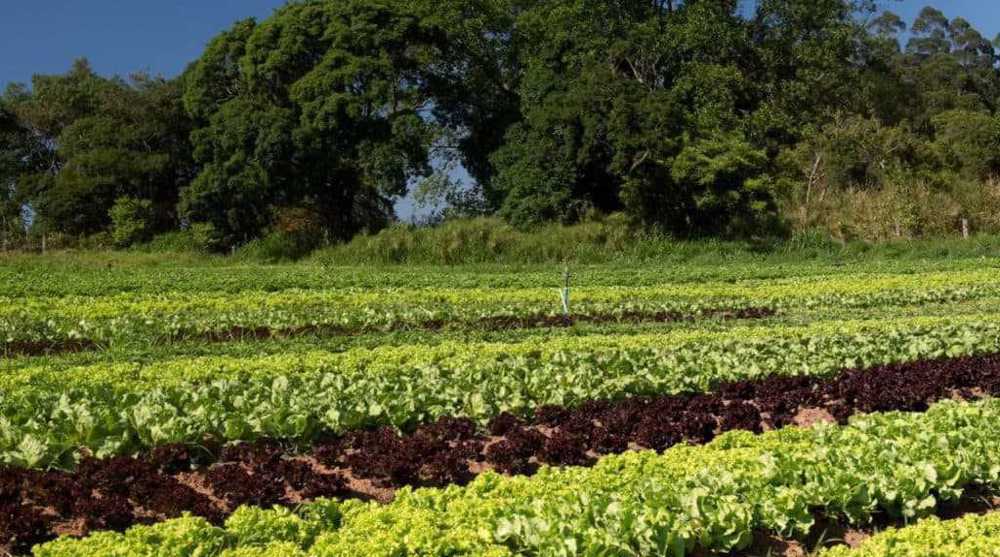
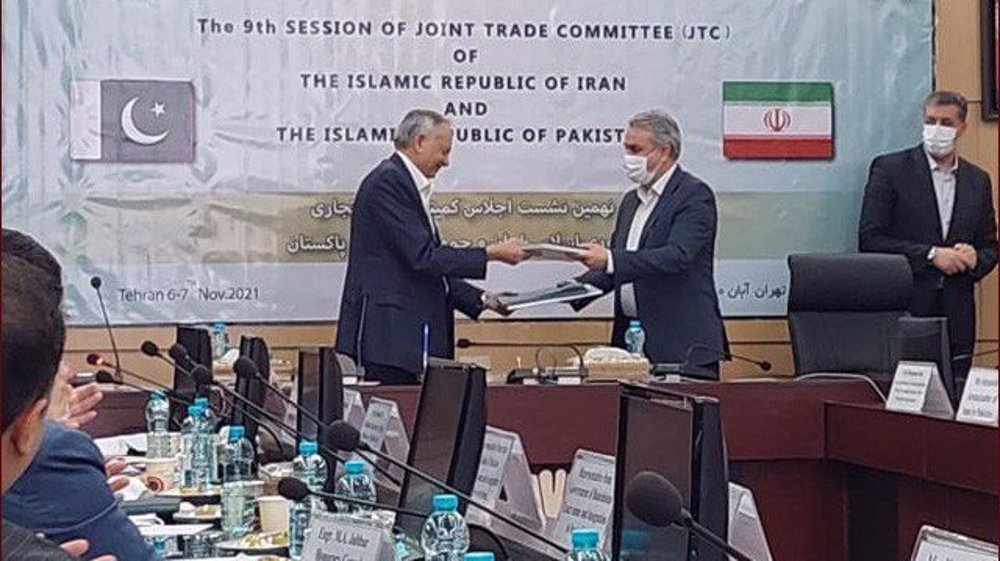
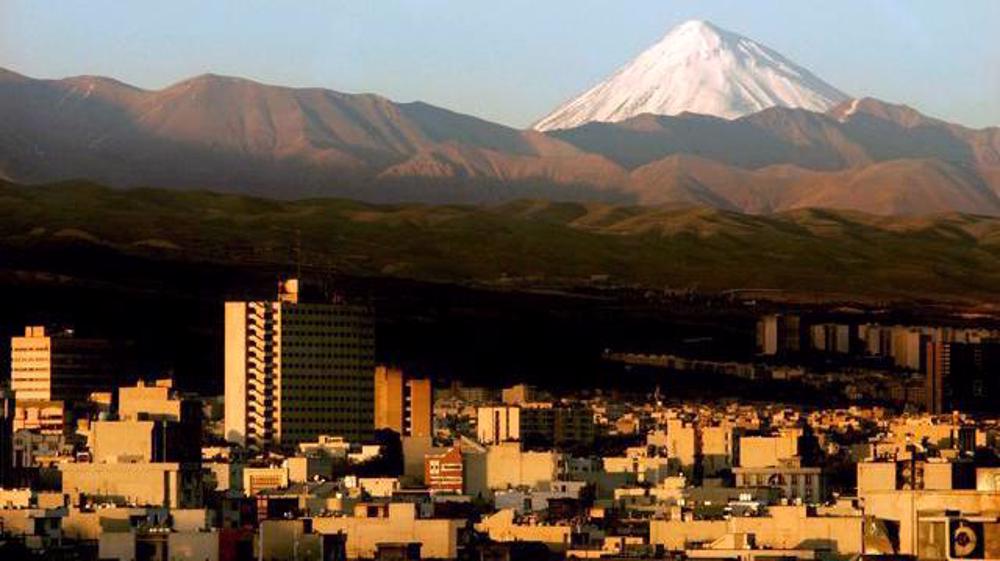

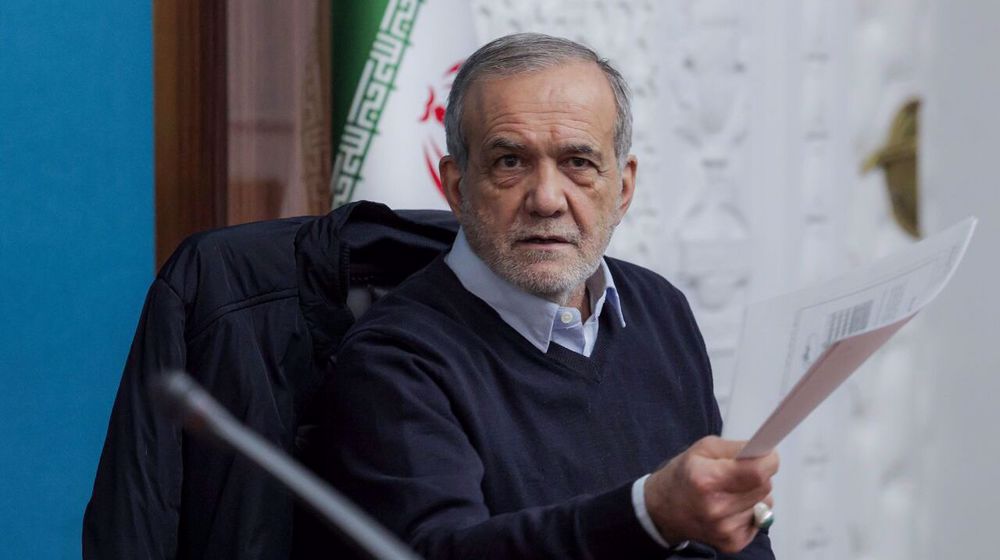
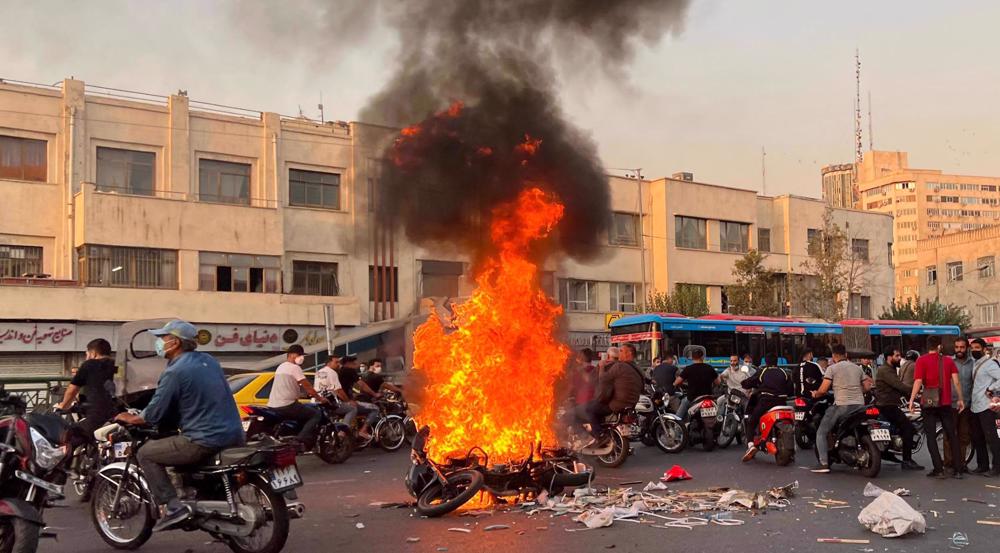




 This makes it easy to access the Press TV website
This makes it easy to access the Press TV website